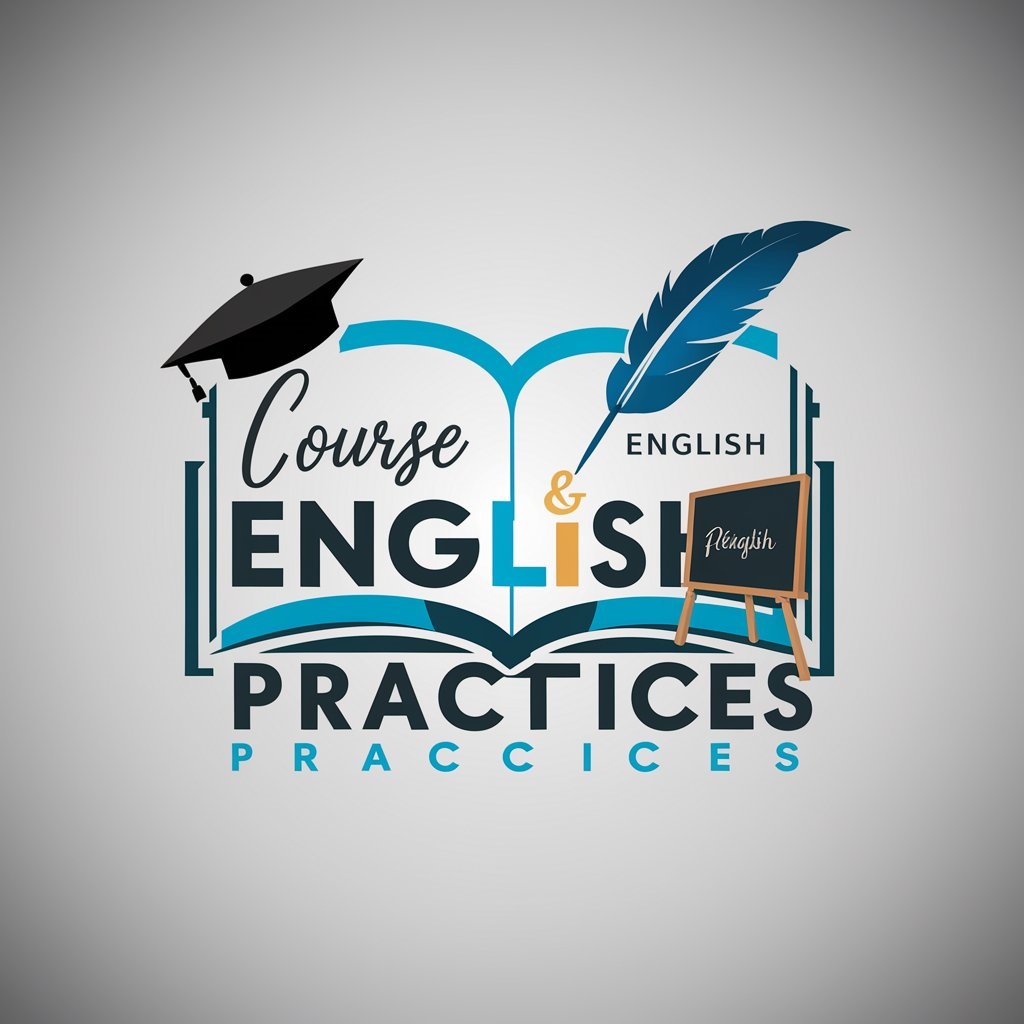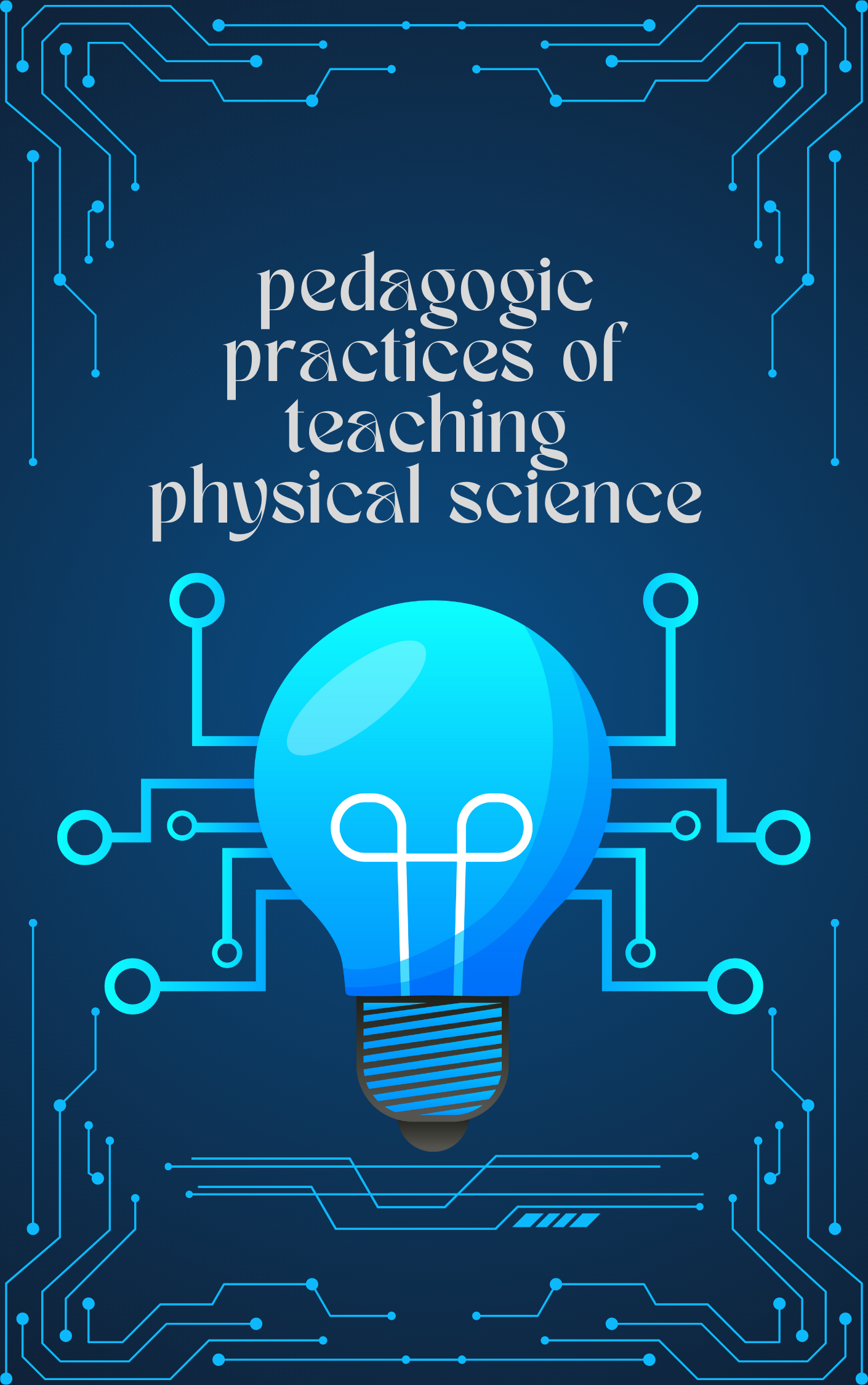- Teacher: OP Fousiya
- Teacher: Geetha Bhaskaran P
- Teacher: OP Fousiya
- Teacher: OP Fousiya
- Teacher: Geetha Bhaskaran P

Contact Hours: 100 (Instruction) Maximum Marks: 100 (External: 80, Internal: 20)
COURSE OBJECTIVES
To become competent in pedagogic knowledge, skills and experience to professionalize the
profession.
To understand the various methods and approaches of teaching English
To familiarize different audio-visual aids in teaching of English
To analyse the course book and also the content
To apply different methods of teaching English
Too know the need and importance of planning
To understand the evaluation in language
To understand the use of library resources
- Teacher: OP Fousiya
EDU 09.13 PEDAGOGIC PRACTICES IN SOCIAL SCIENCE Contact Hours: 100 (Instruction) Maximum Marks: 100 (External: 80, Internal: 20)
COURSE OBJECTIVES
6. To have a hands on competency in preparing pedagogic analysis of social science
7. To acquaint with Planning of instruction
8. To provide familiarization with resources for teaching and learning social science
9. To develop ability to prepare lesson transcripts based on models of Teaching
10. To understand the Evaluation techniques and prepare Achievement Test as per the existing
state syllabus pattern in Social science
COURSECONTENT Unit 1 Pedagogic analysis Meaning and Definition Need and objectives of pedagogic analysis Stages and steps of pedagogic analysis Analysis of learning objectives/learning out comes Content analysis- Meaning ,Importance, Elements and Methods of Content analysis Constructivist Learning Design Critical pedagogy and social science Classroom Selecting and Sequencing learning activities 143 Page 144 of 239 Inclusion of diverse needs of the learner Recent changes in social science Teaching in the state of Kerala
(25 Hours)
Unit II Planning of Instruction Needs and importance of planning Levels of planning – year plan, unit plan and lesson plan Lesson plan/ Teaching manual– meaning, need and characteristics Steps of lesson planning Constructivist Lesson Planning (20 Hours) Unit III Resources of teaching and learning social sciences Social science Text book Work book and hand book/Teacher text Reference materials and supplementary readings Audio visual technology and mass media Community resources and ways of utilizing community resources Social science laboratory , Museum and Library Social science club Maps , Globes and Time line
(25 Hours)
Unit IV
Models of Teaching in Social Sciences
Meaning and definition of Models of Teaching
Families of Models of Teaching
Basic Elements to describe a Model
Concpet Attainment Model
Jurisprudential Inquiry Model
(15 hours)
Unit V
Evaluation in Social Science
144
Page 145 of 239
Construction of Achievement test – Preparing dezign, Blueprint, item writing and
editing etc.
Writing different types of test items- Objective, Short answer and Essay
Writing higher order test items
Construction and administration of Diagno
- Teacher: MINI T J
EDU 09.13 PEDAGOGIC PRACTICES IN SOCIAL SCIENCE Contact Hours: 100 (Instruction) Maximum Marks: 100 (External: 80, Internal: 20)
COURSE OBJECTIVES
6. To have a hands on competency in preparing pedagogic analysis of social science
7. To acquaint with Planning of instruction
8. To provide familiarization with resources for teaching and learning social science
9. To develop ability to prepare lesson transcripts based on models of Teaching
10. To understand the Evaluation techniques and prepare Achievement Test as per the existing
state syllabus pattern in Social science
COURSECONTENT Unit 1 Pedagogic analysis Meaning and Definition Need and objectives of pedagogic analysis Stages and steps of pedagogic analysis Analysis of learning objectives/learning out comes Content analysis- Meaning ,Importance, Elements and Methods of Content analysis Constructivist Learning Design Critical pedagogy and social science Classroom Selecting and Sequencing learning activities 143 Page 144 of 239 Inclusion of diverse needs of the learner Recent changes in social science Teaching in the state of Kerala
(25 Hours)
Unit II Planning of Instruction Needs and importance of planning Levels of planning – year plan, unit plan and lesson plan Lesson plan/ Teaching manual– meaning, need and characteristics Steps of lesson planning Constructivist Lesson Planning (20 Hours) Unit III Resources of teaching and learning social sciences Social science Text book Work book and hand book/Teacher text Reference materials and supplementary readings Audio visual technology and mass media Community resources and ways of utilizing community resources Social science laboratory , Museum and Library Social science club Maps , Globes and Time line
(25 Hours)
Unit IV
Models of Teaching in Social Sciences Meaning and definition of Models of Teaching Families of Models of Teaching Basic Elements to describe a Model Concpet Attainment Model Jurisprudential Inquiry Model
(15 hours)
Unit V
Evaluation in Social Science
144
Page 145 of 239
Construction of Achievement test – Preparing dezign, Blueprint, item writing and
editing etc.
Writing different types of test items- Objective, Short answer and Essay
Writing higher order test items
Construction and administration of DiagnoConstruction and administration of Diagnostic Test
(15 Hours)
MODE OF TRANSACTION
Lecture, discussion, demonstration, small group activities, seminars etc.
TASKS AND ASSIGNMENTS
4. Pedagogic Analysis of unit of X std.Geography
5. Prepare a Year plan, Unit plan and a Lesson Plan for a Secondary level Social Science Text
book
6. Preapre a lesson transcript based on any one model of teaching
- Teacher: MINI T J

Course Aim
By the end of this course, BEd students of Physical Science will be able to demonstrate a proficient understanding of key principles and concepts in physical science, effectively apply pedagogical strategies to engage students in meaningful learning experiences, and create innovative lesson plans that foster critical thinking and problem-solving skills in their future classrooms.
COURSE LEARNING OUTCOMES
On the successful completion of the course, the learner will be able
to:
1. Develop competencies in pedagogic analysis and content analysis.
2. Critically analyze the suitability of various learning experiences
tosatisfy the diverse needs of learner
3. Develop competencies in preparing different levels of planning
ofinstruction for the effective transaction of Physical Science
4. Analyse variety of teaching- learning resources and utilize them
effectively in the learning process.
5. Plan, organize and execute activity aids and utilitise community
based resources in the learning process
6. Develop understanding of different families of Models of
Teachingand competency in using appropriate Models in different learning situations.
7. Prepare lesson transcripts based on Models of Teaching.
8. Understand the significance of assessment and evaluation in
thelearning process.
9. Construct evaluation tools using variety of test items of differentlevels to address student diversity.
Learner Characteristics
Target Audience: BEd students
Learner Profile:
Age: The BEd students can range in age from early 20s to mature adults returning to school for further education. This means that instructional materials need to be engaging for a diverse age group, ensuring they are relevant and relatable.
Existing Knowledge and Experience: BEd students typically have a foundational understanding of educational concepts and theories, as they are pursuing a degree in education. However, their specific areas of expertise may vary based on their chosen specialization or prior work experience. Instructional materials should build upon their existing knowledge while also challenging them to think critically and apply concepts in practical contexts.
Personal Motivations: BEd students are motivated to enhance their skills and knowledge in the field of education to become effective teachers or educational leaders. Their personal motivations may include a passion for teaching, desire for professional growth, and commitment to making a positive impact in the lives of students. Instructional materials should tap into their intrinsic motivation by highlighting the real-world relevance and application of the content.
Special Needs: Some BEd students may have special needs such as learning disabilities, physical impairments, or other challenges that require accommodations or adaptations in instructional delivery. It is important to provide multiple means of representation, engagement, and expression to support diverse learners and ensure equal access to educational resources. This may include providing alternative formats, assistive technologies, or additional support services to meet the individual needs of each student.
Overall, instructional considerations for BEd students should focus on creating a learner-centered environment that promotes active engagement, critical thinking, and practical application of knowledge in the field of education. Materials should be designed to accommodate diverse learning needs and preferences, foster a sense of community and collaboration, and empower students to become lifelong learners and effective educators.
- Teacher: POORNIMA T THATHAMMAL Poornima

